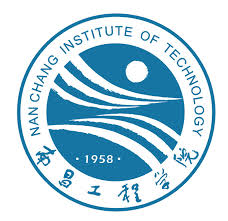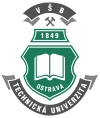Keynote Speech
| Prof. Ponnuthurai Nagaratnam Suganthan (Nanyang Technological University, Singapore) |
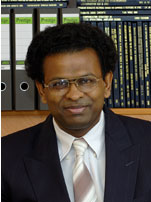 |
Topic :
Population Topologies in Swarm & Evolutionary Algorithms |
Abstract:
Originally, evolutionary algorithms were executed with a single unified homogeneous population. Subsequently, island models were developed. Since the introduction of particle swarm optimization, various neighborhood topologies have been developed to improve the global search behavior of the PSO and to slow down its convergence speed. Population indexed-based topologies were popular within PSO. Recently, topologies such as neighborhood distance based and dynamic topologies have been investigated. Topologies enable us control the information exchange in order to achieve the desired search outcomes. This talk will present a historic perspective as well as important recent developments in population topologies.
Biography:
Prof. Ponnuthurai Nagaratnam Suganthan http://www.ntu.edu.sg/home/epnsugan/ received the B.A degree, Postgraduate Certificate and M.A degree in Electrical and Information Engineering from the University of Cambridge, UK in 1990, 1992 and 1994, respectively. After completing his PhD research in 1995, he served as a pre-doctoral Research Assistant in the Department of Electrical Engineering, University of Sydney in 1995”V96 and a lecturer in the Department of Computer Science and Electrical Engineering, University of Queensland in 1996”V99. Since 1999, he has been with the School of Electrical and Electronic Engineering, Nanyang Technological University, Singapore. He is an Editorial Board Member of the Evolutionary Computation Journal, MIT Press. He is an associate editor of the IEEE Trans on Cybernetics (formerly IEEE T-SMC-B), IEEE Trans on Evolutionary Computation, Information Sciences (Elsevier), Pattern Recognition (Elsevier) and Int. J. of Swarm Intelligence Research Journals. He is a founding co-editor-in-chief of Swarm and Evolutionary Computation, an Elsevier Journal. SaDE (April 2009) paper won "IEEE Trans. on Evolutionary Computation" outstanding paper award in 2012. Dr Jane Jing Liang (former PhD student) won the IEEE CIS Outstanding PhD dissertation award, 2014 (Winner was selected in June 2013). His research interests include evolutionary computation, pattern recognition, multi-objective evolutionary algorithms, applications of evolutionary computation and neural networks. His publications have been well cited. His SCI indexed publications attracted over 1100 SCI citations in calendar year 2013 alone. He is a Senior Member of the IEEE and an elected AdCom member of the IEEE Computational Intelligence Society during 2014-2016.
|
| |
|
| Prof. Chin-Chen Chang (Feng Chia University, Taiwan) |
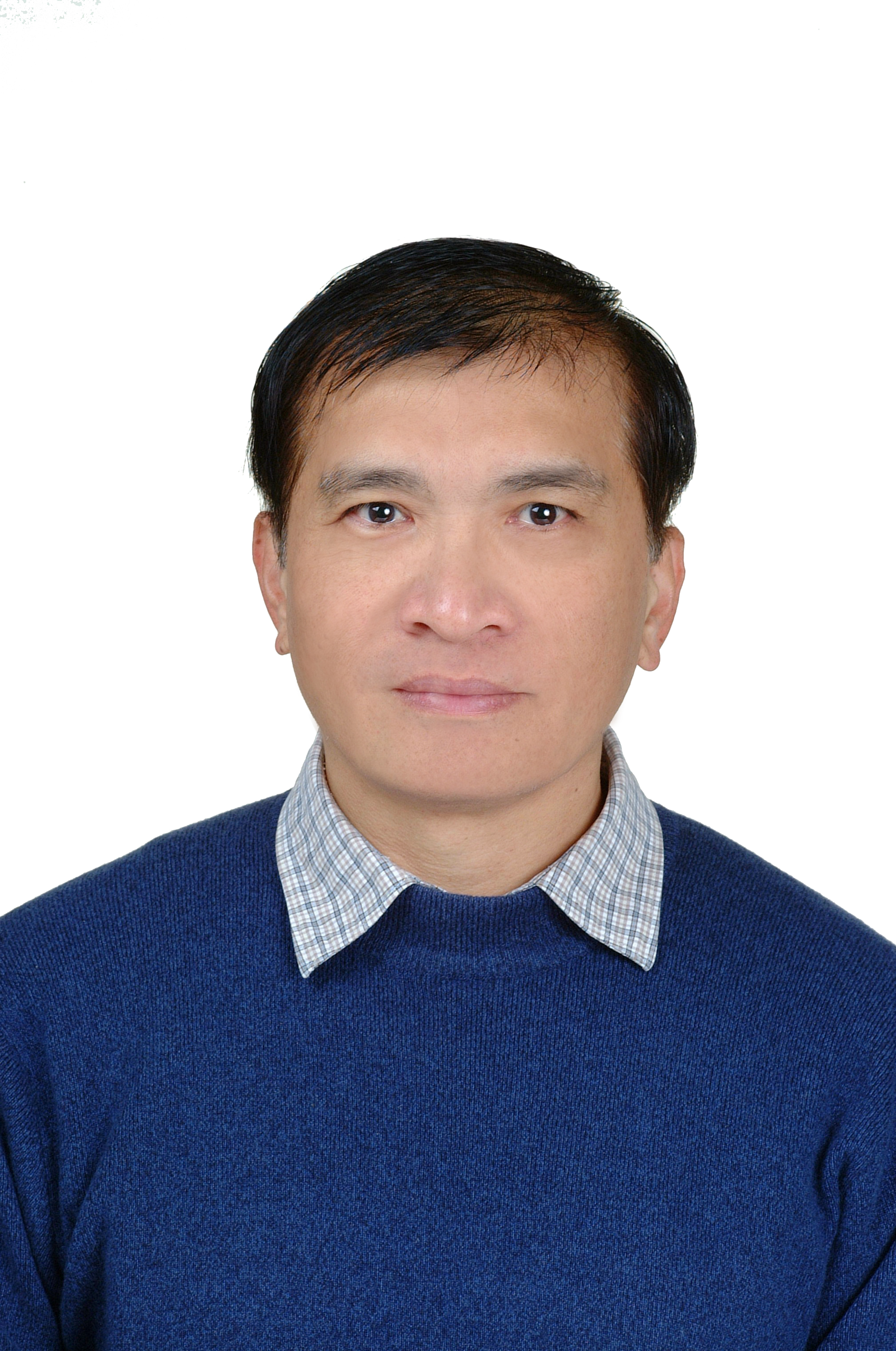 |
Topic :
Using Genetic Algorithm to Embed Important Information in an Image Compression File |
Abstract:
In this talk, I will take about a novel image-hiding scheme for hiding important messages in an image compression file, that is called Absolute Moment Block Trancation Coding (AMBTC) file. In the encoding procedure, AMBTC scheme classifies the host image pixels into two groups of pixels according to the pixel values. For those greater than the mean value, they are classified into G1. Otherwise, they are classified into G0. For each pixel, if it is classified into G1, a corresponding bit valued 1 is stored in the bitmap. Otherwise, one bit valued 0 is stored in the bitmap if its corresponding pixel belongs to G0. After the bit map is generated, two quantisation levels L and H are now going to be computed for representing pixels in G0 and G1 respectively. For the two newly generated pixel values L and H, the corresponding secret pixel values go through an optimal substitution process and are transformed into other pixel values by following a genetic algorithm. Then, we can embed the transformed pixel values in L and H pixels and obtain the stego-image. Extensive experimental results demonstrate that this method is capable of offering satisfiable stego-image quality.
Biography:
Professor Chin-Chen Chang http://msn.iecs.fcu.edu.tw/~ccc obtained his Ph.D. degree in computer engineering from National Chiao Tung University. His first degree is Bachelor of Science in Applied Mathematics and master degree is Master of Science in computer and decision sciences. Both were awarded in National Tsing Hua University. Dr. Chang served in National Chung Cheng University from 1989 to 2005. His current title is Chair Professor in Department of Information Engineering and Computer Science, Feng Chia University, from Feb. 2005.
Prior to joining Feng Chia University, Professor Chang was an associate professor in Chiao Tung University, professor in National Chung Hsing University, chair professor in National Chung Cheng University. He had also been Visiting Researcher and Visiting Scientist to Tokyo University and Kyoto University, Japan. During his service in Chung Cheng, Professor Chang served as Chairman of the Institute of Computer Science and Information Engineering, Dean of College of Engineering, Provost and then Acting President of Chung Cheng University and Director of Advisory Office in Ministry of Education, Taiwan.
Professor Chang's specialties include, but not limited to, data engineering, database systems, computer cryptography and information security. A researcher of acclaimed and distinguished services and contributions to his country and advancing human knowledge in the field of information science, Professor Chang has won many research awards and honorary positions by and in prestigious organizations both nationally and internationally. He is currently a Fellow of IEEE and a Fellow of IEE, UK. And since his early years of career development, he consecutively won Institute of Information & Computing Machinery Medal of Honor, Outstanding Youth Award of Taiwan, Outstanding Talent in Information Sciences of Taiwan, AceR Dragon Award of the Ten Most Outstanding Talents, Outstanding Scholar Award of Taiwan, Outstanding Engineering Professor Award of Taiwan, Chung-Shan Academic Publication Awards, Distinguished Research Awards of National Science Council of Taiwan, Outstanding Scholarly Contribution Award of the International Institute for Advanced Studies in Systems Research and Cybernetics, Top Fifteen Scholars in Systems and Software Engineering of the Journal of Systems and Software, Top Cited Paper Award of Pattern Recognition Letters, and so on. On numerous occasions, he was invited to serve as Visiting Professor, Chair Professor, Honorary Professor, Honorary Director, Honorary Chairman, Distinguished Alumnus, Distinguished Researcher, Research Fellow by universities and research institutes. He also published over serval hundred papers in Information Sciences. In the meantime, he participates actively in international academic organizations and performs advisory work to government agencies and academic organizations.
|
| |
|
| Prof. Bin Hu (Lanzhou University, China) |
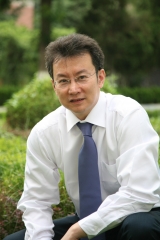 |
Topic :
Computational Methodology for Depression Early Stage Prediction and Intervention |
Abstract:
As a common mental disorder, depression disturbs more than 350 million people worldwide (WHO factsheet NO.369), and will rank second as a global cause of disability by 2020(King et al. 2006). Despite the great losses, high prevalence and frequent relapse of depression, less than half of the victims receive accurate assessment, say nothing of effective treatment. To reduce damages and improve life quality, depression early stage prediction or depression risk evaluation ahead of assessment goes into view. For instance, the PREDICT study evaluate multiple risk factors by standard psychological scales among primary care attendees to predict possible depression episodes in 6 to 12 months (King et al. 2006). However, to extend the limits of attendants”¦ number and raise the reliability of prediction, more objective methods are needed to augment the system. Thus we proposed a computational methodology based on biological and psychological data to analyse and identify people”¦s depressive risk.
Biography:
Dr. Bin Hu, Professor, http://uais.lzu.edu.cn/a/team/tutors/2011/0818/713.html Laureate of the National Recruitment Programme of Global Experts; Chief Scientist of "973 National Foundation Research Programme", Dean of the School of Information Science and Engineering, Lanzhou University, China; IET Fellow; Director of Technical Committee of Cooperative Computing, China Computer Federation; Executive Board Member of ACM China; Director of International Society for Social Neuroscience (China Committee); Director of Web Intelligence Consortium(WIC) (China Committee); Guest Professor, Department of Computer Science, ETH, Zurich, Switzerland. His research interests include Cognitive Computing, Pervasive Computing.
|
| |
|
|

